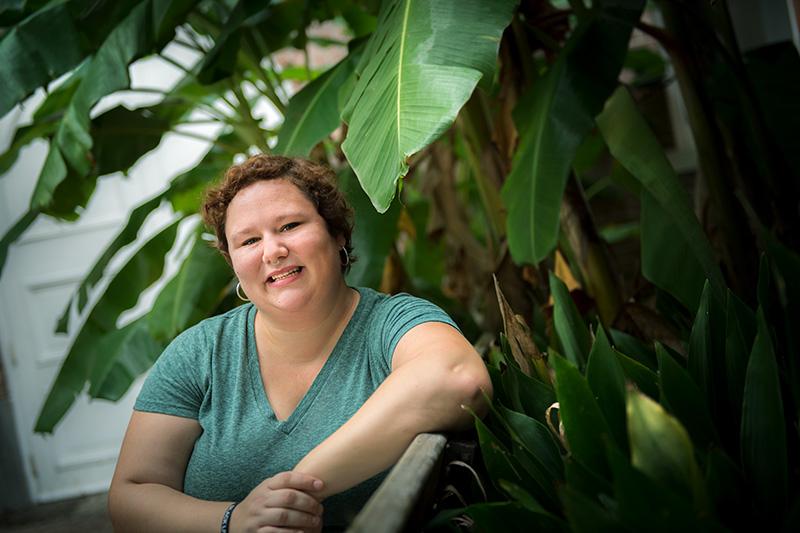Young Tulane scientists get national recognition, support for coastal research
Two Tulane University researchers are among nine scientists nationwide awarded Science Policy Fellowships through the National Academies of Science, Engineering and Medicine’s Gulf Research Program.
Krista L. Jankowski, a doctoral candidate in earth and environmental sciences, will spend the next year at the Louisiana Coastal Protection and Restoration Authority in Baton Rouge, where she will study the challenges facing coastal Louisiana in light of the changing climate.
Jankowski will work on several projects related to the science of climate change and policies needed to protect coastal residents from the effects of rising global temperatures.
"The ultimate impact of these fellows will extend far beyond the lengths of their fellowship terms."
Maggie Walser of the Gulf Research Program
“I am hopeful that I will be able to apply my scientific training as well as my previous experience as an educator and working within the climate change and disaster-risk reduction fields,” Jankowski said.
Brittany Bernik, a post-doctoral associate in ecology and evolutionary biology, will conduct research at RESTORE Council in New Orleans, which works to restore the long-term health of the natural ecosystem and economy of the Gulf Coast region.
The Science Policy Fellowships awarded to Jankowski and Bernik offer recipients a one-year experience on the staff of a federal or state environmental, natural resources, energy or public health agency in the Gulf of Mexico region. Fellows also receive an annual stipend of $45,000 for current students or $55,000 for graduates.
The National Academies announced the fellowships Tuesday along with 10 Early-Career Research Fellowships. The awards are aimed at supporting the development of scientists, engineers and health professionals as they prepare to work at the intersections of oil system safety, human health and well-being, and environmental stewardship in the Gulf of Mexico and the U.S. outer continental shelf regions.
“The talented and promising researchers and professionals receiving these awards will add to a growing network of future leaders in the science, engineering and health professions that can work together to tackle the complex, interdisciplinary challenges that face the Gulf Coast and other coastal regions,” said Maggie Walser, director of education and capacity building for the Gulf Research Program.

